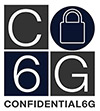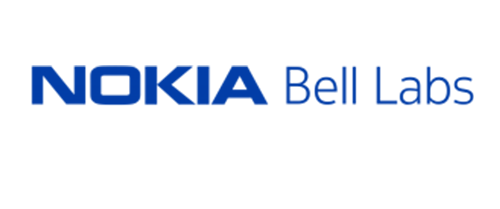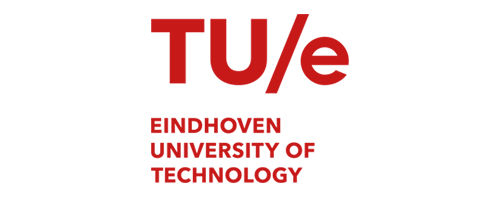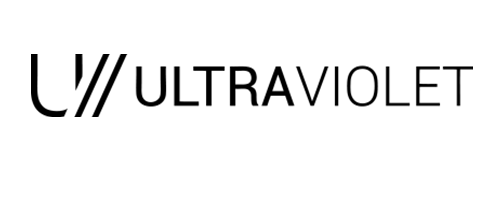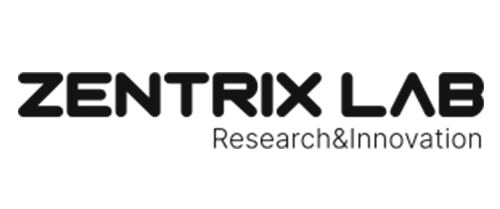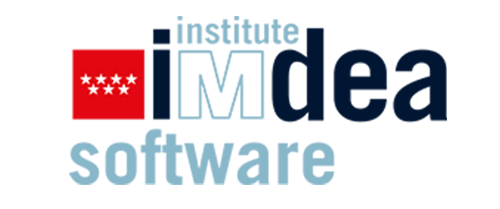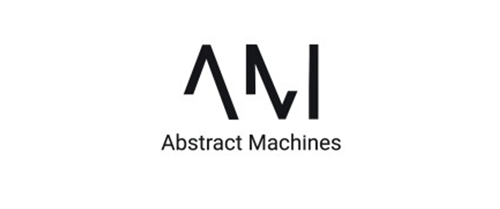Confidential Computing and Privacy-preserving Technologies for 6G
CONFIDENTIAL6G will develop cryptographic quantum-resistant protocols and security proofs tools, libraries, mechanism and architectural blueprints for confidentiality in 6G.
![]()
Cryptography
Cryptographic enablers for confidential computing (FHE, SMPC, TEE) and post-quantum networking. DLT privacy enablers (ZKP). Support for emdedded edge devices and HW.
![]()
Confidential Computing
Confidential Computing via FHE, SMPC and HW TEEs. Colaborative AI/ML. Confidential containers. Remote attestations. Secure enclave abstractions. Secure key distribution.
![]()
Confidential Networking
Post-quantum secure network protocols. Secure data sharing and access control. Private blockchain Smart Contracts, DIDs and VCs. Federated AI/ML orchestration.
CONFIDENTIAL6G will research post-quantum cryptography (PQC) in order to create tools, libraries, SDKs and other artifacts needed for future 6G technologies
Domain #1
Confidential Computing Enablers
Confidential Computing enablers: Lattice-based cryptography for Fully Homomorphic Encryption, Secure Multi-party Computation, TEE attestation handling, collaborative AI/ML
Domain #2
Secure Communication Enablers
Confidential Communication enablers: PQC TLS and other protocols10, Blockchain-based data exchange, Zero-knowledge Proofs (ZKPs), confidential Smart Contracts, Decentralised Identifiers (DIDs) and Verifiable Credentials (VCs), and a new concept of Anonymous Credentials (AC)
Domain #3
IoT Security Enablers
Confidential Edge and IoT enablers: embedded FHE, PQC for constrained devices, large-scale networks of connected devices involved in federated learning and cryptography necessary to support this.
IN A NUTSHELL
In CONFIDENTIAL6G, our goal is to ensure secure and private computation in the cloud-edge continuum of 6G by developing modern cryptographic techniques, tools, and libraries. We recognize the importance of implementing privacy preservation and security of data in heterogeneous environments and contexts, and thus, we prioritize researching security enablers. We aim to tackle the potential danger posed by near-future quantum computers, which can break contemporary encryptions, by exploring novel cryptographic operations
![]()
15 PARTNERS
Consortium combines the industrial expertise from industry, SMEs and academic and research excellence
![]()
8 DIFFERENT COUNTRIES
including Austria, Estonia, Germany, Greece, Ireland, France, Spain, Netherlands, Finland and Serbia.
![]()
5 MIL EUR
CONFIDENTIAL6G project is financed by EU Commission with the total budget of 5 mil EU.
Project Partners
We are proud to collaborate with a diverse group of project partners who share our vision and commitment to excellence.
Latest News
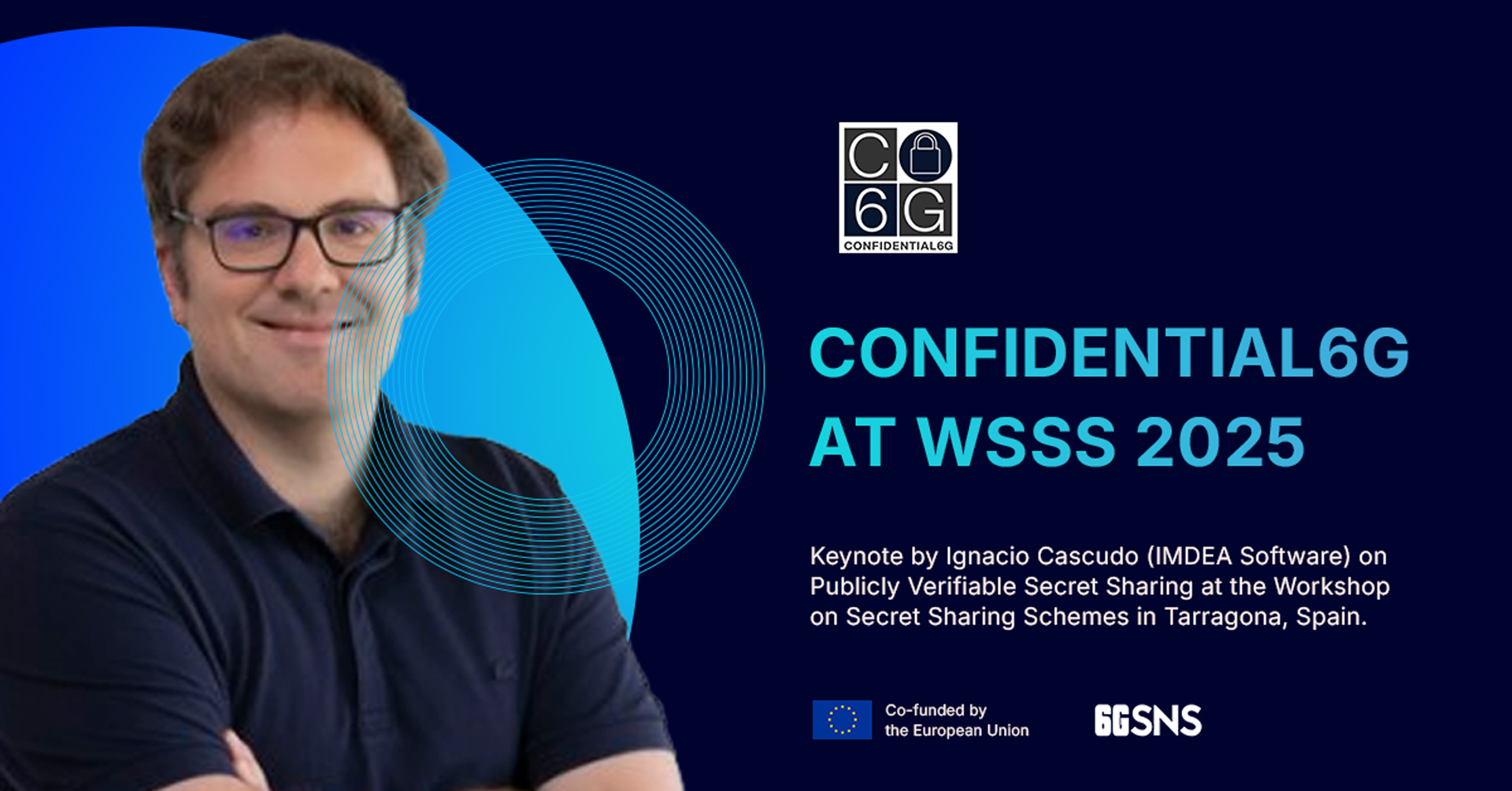
CONFIDENTIAL6G at the Workshop on Secret Sharing Schemes (WSSS 2025)
On May 14, 2025, CONFIDENTIAL6G was represented at the Workshop on Secret Sharing Schemes (WSSS 2025) in Tarragona, Spain. The event, organized by the HERMES project and INCIBE, brought together researchers and practitioners in the field of secure distributed…
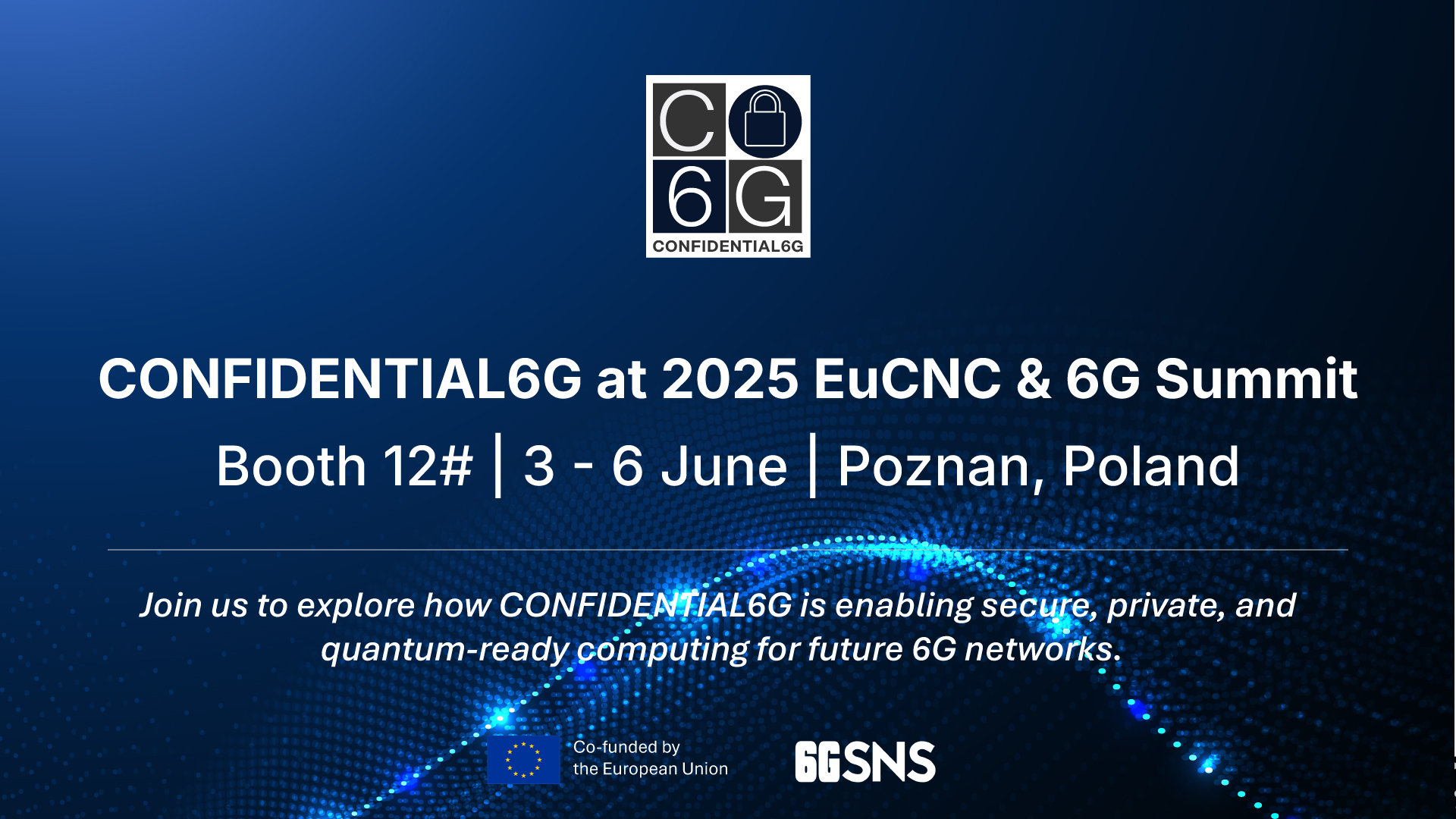
CONFIDENTIAL6G at 2025 EuCNC & 6G Summit
We’re thrilled to present CONFIDENTIAL6G at the 2025 EuCNC & 6G Summit, taking place 3–6 June in Poznań, Poland.CONFIDENTIAL6G focuses on enabling secure and private computation across the cloud-edge continuum of future 6G systems…
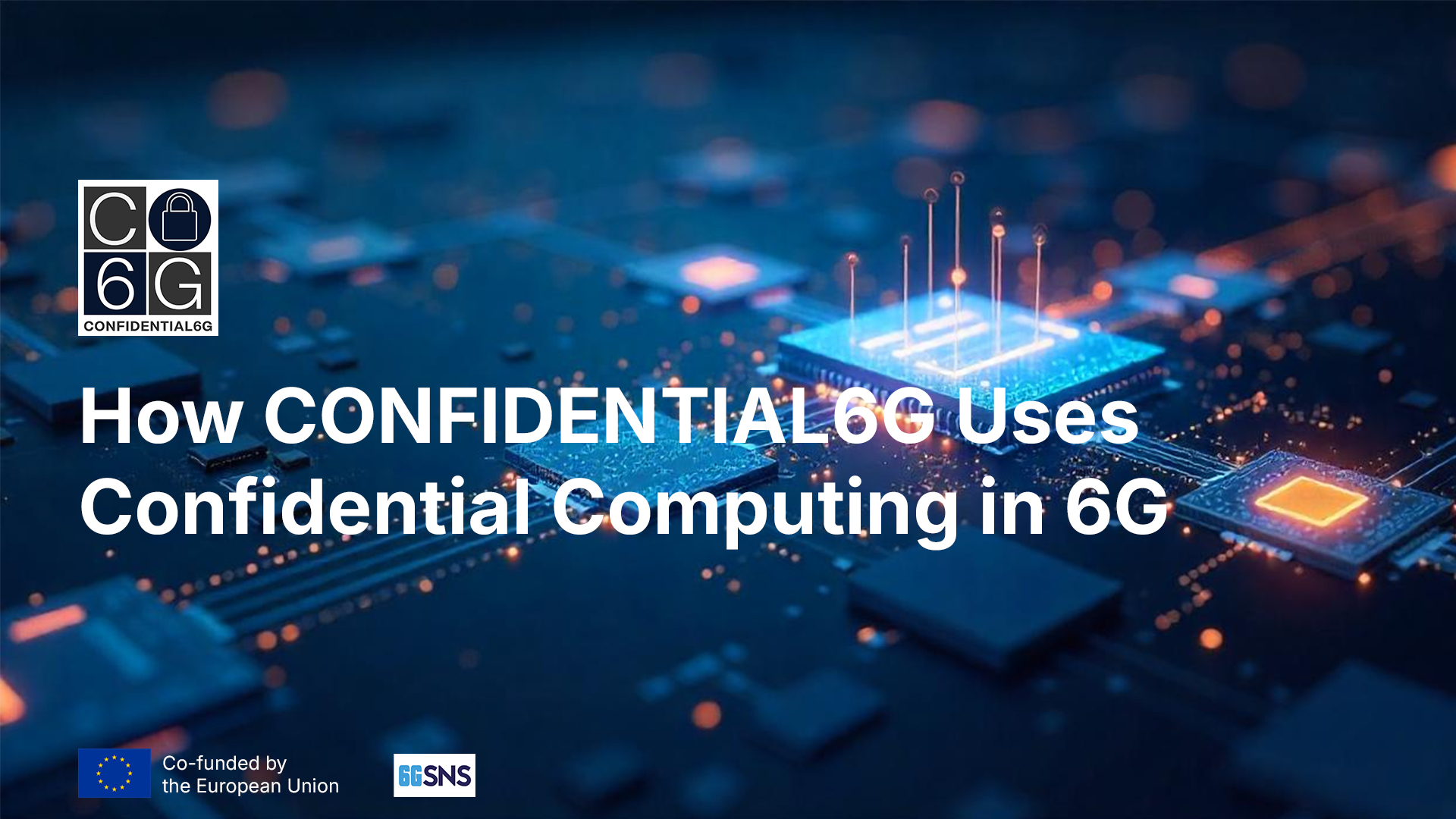
How CONFIDENTIAL6G Uses Confidential Computing in 6G
As 6G moves closer to implementation, the way data is handled inside networks is also evolving. One area gaining attention is confidential computing—a method that keeps data protected even while it is being processed.
